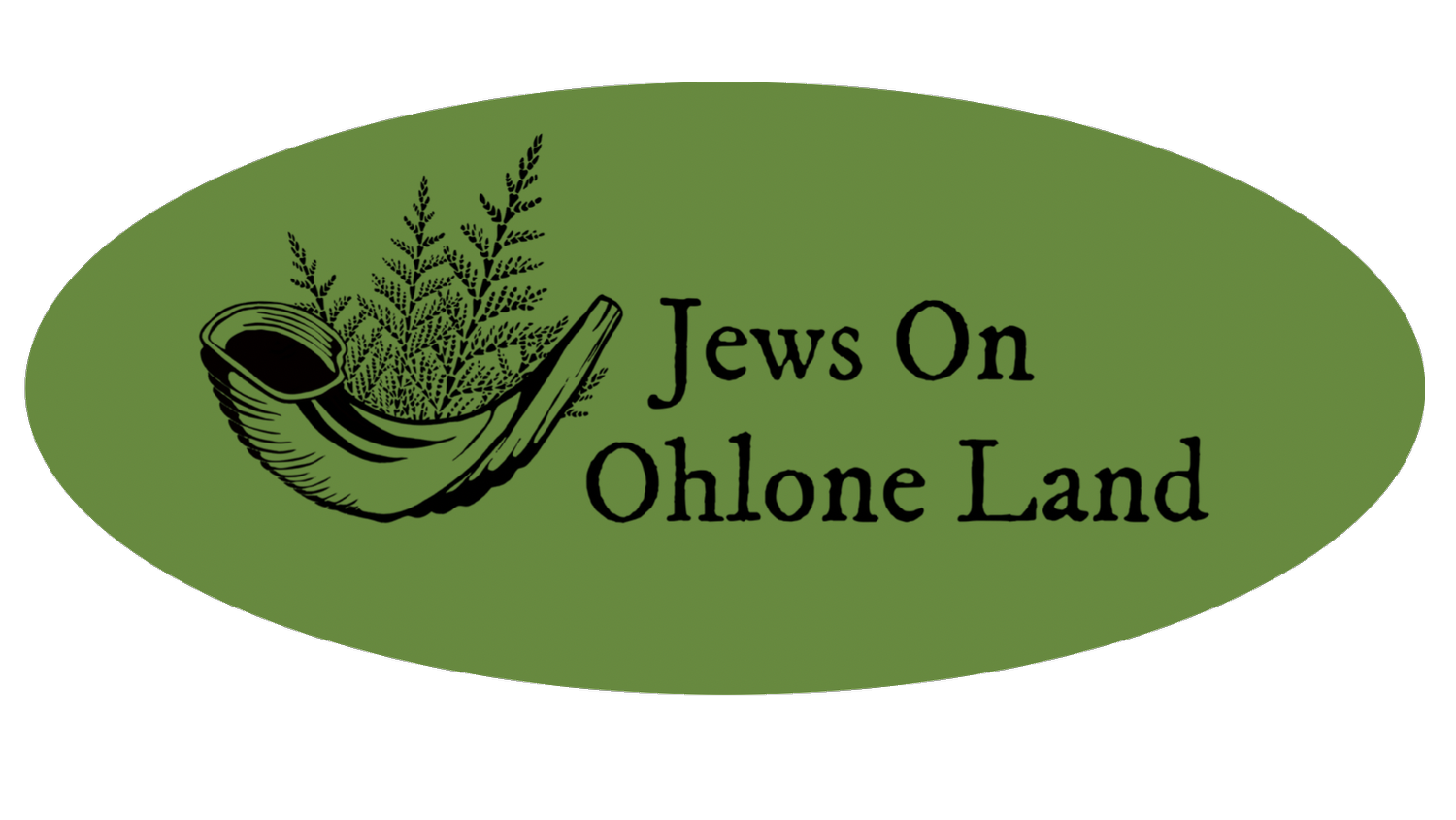Returning in the Days of Awe
by JOOL Co-Founder Ariel Luckey
Here in Huchiun, many of our days are marked by the release and return of the fog, the daily dance of water and air that keeps our microclimate cool during summer months. The misty, gray mornings make the golden afternoon sunshine so sweet, like a slice of red apple dipped in honey.
At JOOL, we root our work in teshuvah, which literally means “returning.” We practice teshuvah as a process of relational repair, returning to our integrity, to right relationship, to the divine. It involves acknowledging that harm has happened, listening to those affected, offering reparations or restitutions, and committing to not repeat the harm. As JOOL co-founder Rabbi Dev Noily says “Teshuvah is turning to face the truth with love and compassion, ready to walk the path of accountability and repair.”
As we drop into these ten days of awe and the teshuvah rituals at the heart of the High Holy Days, can we approach relational repair as a collective practice, in addition to an interpersonal one? What does it mean to work to repair harm that our society causes? Or harm our ancestors caused? Reckoning with genocide and colonization, what might collective teshuvah look like? To what do we need to return?
This summer, Sogorea Te’ Land Trust announced the return of 43 acres of land in Lisjan territory to Indigenous stewardship. This historic rematriation, catalyzed through a collaboration with eco justice collective Movement Generation, is a profound act of relational repair, a sacred returning. As we begin this new year, may we return to our integrity, to right relationship, to the divine, as a path towards healing, for ourselves and for the world.
JOOL Note: A drash is a teaching about the Torah that usually takes place in a synagogue. We are remixing that practice. In this digital space, JOOL members teach about the Torah of Jewish/Indigenous solidarity work. Individuals offer their perspectives on the questions and ideas that are moving through them. We hope it's a wild and sacred space. By lifting up different points of view, we practice our values of transparency, learning and relationship building. And we celebrate the diversity of our collective, where many different voices are joining together, connected through shared values, to call for Indigenous sovereignty.
